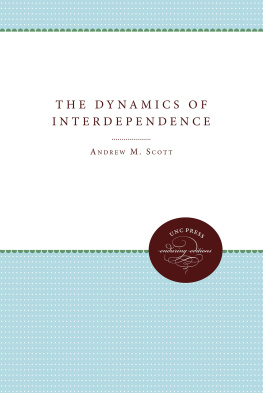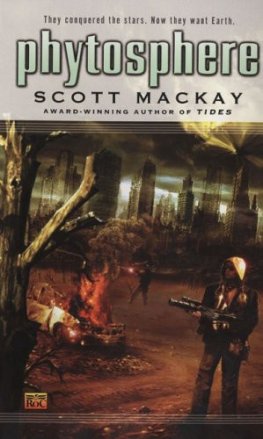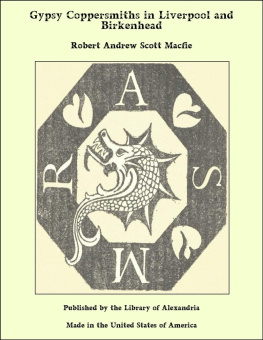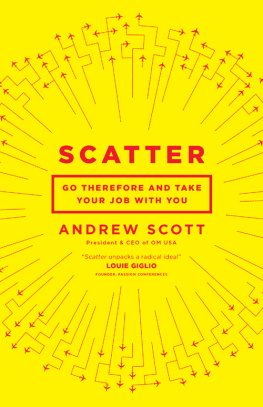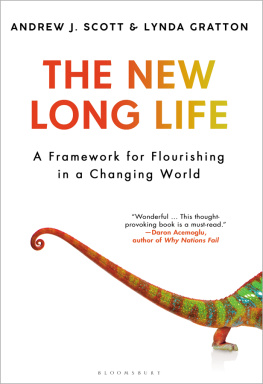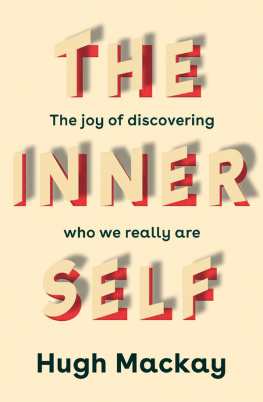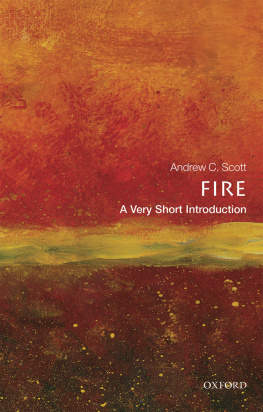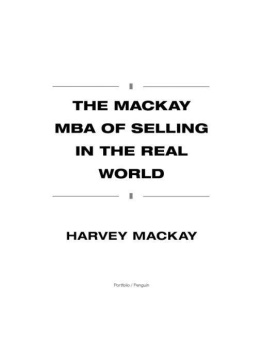Introduction

Since humankinds knowledge and physical capacities have never been as great as they now are, how does it happen that there are so many difficult international problems? How does it happen that nations, even the most powerful, have difficulty achieving the ends they desire and avoiding the ills they want to avoid? Why is it that the global scene is littered with major and persistent problems for the existence of which no actor can be held clearly responsibleinflation, pollution, energy crises, emerging resource shortages, food and population problems, the great gap between rich and poor nations, an unstable international economic system, problems with multinational corporations, and so on? Where do such problems spring from and why are they proving so hard to deal with?
Despite the fact that they have been studying the subject for several millennia, scholars and statesmen have not achieved an adequate understanding of international politics. Principally this is because the world keeps changing while they are striving to describe and understand it. The conditions Thucydides depicted in The Peloponnesian Wars, or those that Machiavelli advised a prince about, have a good deal in common with contemporary conditions but are also different in important respects.
A body of knowledge, insight, and theory concerning international politics has developed over time but it has not kept pace with the profound transformations taking place in the international system. Individuals perceive the world in terms of the mental constructs with which their minds are furnished, but many of the concepts being used today in an effort to comprehend the global system are tired leftovers from an earlier era. Reality has outrun theory. Humankind is trying to understand and manage a highly interactive and interdependent world while relying upon assumptions and concepts developed for a preinterdependent world. Thucydides and Machiavelli may have had a better grip on the international scene in their respective times than contemporaries do today, because the fit between ideas and reality may have been closer then.
The traditional issues of world politics in the preinterdependent era normally revolved around matters of domination and subordination, power and control. They had to do with the way in which relationships among actors were established, managed, and changed, with the capabilities of actors, and with the strategies and tactics that they might utilize. These issues had to do, often, with relationships between actors in special subsystems. The contemporary scene abounds with examples of that kind of relationshipSoviet-American relations, relations between the USSR and the nations of Eastern Europe, Arab-Israeli differences, relationships within the NATO alliance, and so on. These are problems of a kind that Alexander, Caesar, Napoleon, or Metternich would have understood. Issues of this kind have probably existed since the beginning of relations between organized geographic units. Their emergence did not depend on a particular level of technology and required only enough interaction to allow contending parties to come into contact with one another. It is not surprising, then, to find such issues analyzed in a perceptive way by Thucydides. In the preinterdependent era there was little concern for global problems because there were few of them and it was too early for observers to think globally. Thucydides could, and did, think in what we would now call systems terms about the problems of the Greek city-states, but global thinking lay several thousand years in the future.
With technological advances and a rise in the level of interaction among actors, however, the situation began to change rapidly in the twentieth century. Issues arose the very existence of which would have astonished a Caesar or Napoleon: issues involving global inflation, recession, unemployment, currency instabilities; environmental issues involving pollution of the atmosphere, the seas, oceans, and lakes, inadvertent weather modification, purposeful weather modification, the elimination of entire species; global resource issues relating to energy, minerals, over-fishing of the seas, the mining of the ocean depths, the proper way to utilize the Antarctic continent; issues involving the creation of global organizations to promote peace, development, and improvement in the quality of life around the world; issues relating to global population, total world food production, the carrying capacity of the globe and the nature of limits to growth. We find little nourishment in Thucydides concerning such matters.
Problems of this kind cut across national boundaries and the lines of various subsystems and may be global in extent. A polluted atmosphere circulates alike over western and eastern European countries. If the oxygen-producing capabilities of the oceans should be damaged, the problem would affect both developed and developing nations. If the climate should be radically changed, the ozone layer seriously damaged, fossil fuel resources exhausted, or if world population should not be brought under control, the effects would be felt by socialist and nonsocialist nations alike.
Humankind has long had the capacity to fashion global problems but the means by which it formerly did so were so slow-moving that the problems were scarcely conceived of as involving human agency. For that reason they went largely unrecognized. Deforestation of the lands around the Mediterranean began early, as did desertification of once-fertile lands in the Near East. Unplanned cultural diffusion has also been a powerful force for centuries (Braudel, 1973, 2:75775; Wallerstein, 1974, ).
Although global processes existed in earlier epochs they were then far fewer in number. In the twentieth century the rate of production of global processes and problems has turned sharply upward, and for reasons that are apparent. The number of actors on the world scene has increased greatly, the level of interaction among them has increased, and the impact of the technologies at their disposal has increased markedly. Global processes, therefore, are both more numerous and ripen faster than they once did. Humankind can do in a decade that which, earlier, might have taken centuries.
Because global problems were uncommon in earlier centuries, and then usually went unrecognized, analysts have had little experience in thinking about them. Now, however, they must devote attention to such problems. Conceptually, analysts are caught between two different worlds. On the one hand, there is the relatively simple world that existed before World War I and that was explained fairly well by the traditional notions of power politics. On the other hand, there is the vastly more complex world of the present that is, thus far, very inadequately comprehended. Unless humankind can come to understand what is happening to it and why, it will be powerless to shape events and will drift with the tide. Needed, therefore, is a vastly improved understanding of the dynamics of interaction and interdependence. What combination of processes moved the global system from what it was to what it now is? And what processes are now at work that will give it the configuration it will have in years to come? Can we see through events, and beneath them, and discern emerging patterns? Can we understand the way in which the newer kind of global problems are tied in with the more traditional issues of power politics?



